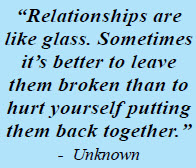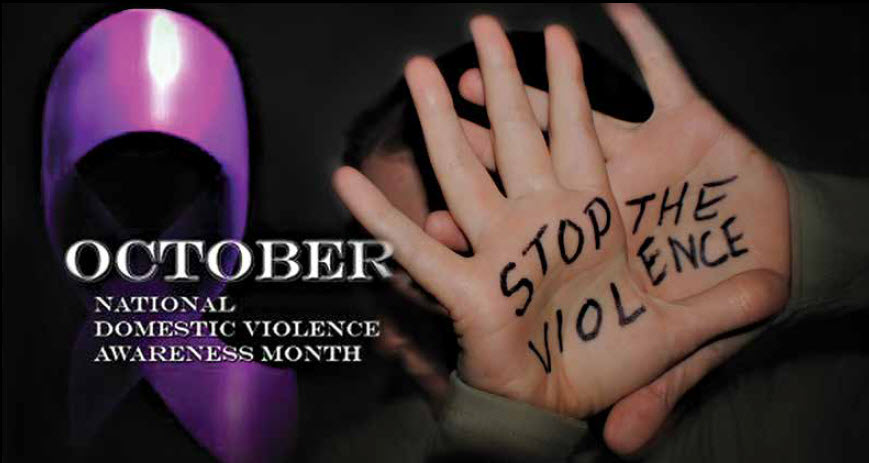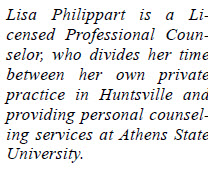Domestic Violence And Mental Illness
 By: Lisa Philippart
By: Lisa Philippart
October is National Domestic Violence Awareness Month. According to the National Violence Hotline, a common assumption is that domestic abuse can be attributed to the partner’s mental health condition. Some of the mental illnesses considered are bipolar disorder, depression, anxiety, post-traumatic stress disorder (PTSD,) narcissistic personality disorder, borderline personality disorder, and antisocial personality disorder. And while these are serious mental illnesses, they are not the cause for domestic abuse. In fact, there is nothing in the Diagnostic and Statistical Manual of Mental Disorders, 5th Edition, (DSM-5) that states that mental illness solely is the cause for a partner to be abusive. However, there are a number of diagnoses that can increase the risk for abusive patterns to appear, not only in a relationship, but in other areas of life. When a person is mentally ill, all areas of his or her life are affected. In contrast, abuse typically only impacts a personal relationship.

We can separate abusive behavior in an intimate-partner relationship from a mental illness. These abusive behaviors usually only occur in intimate-partner relationships — meaning that an abusive partner will not show their negative or harmful actions toward friends, co-workers, or other family members. The abusive partner is able to portray a front that is all happy and well to the rest of the world. But when it’s just the partner and victim, a different side of the abuser comes out. The impact of being the only person to see this behavior is isolating for the victim, as they may think that no one else will believe them. This makes it easier for the abuser to make the partner feel responsible for the abusive behavior, reinforcing the isolation. Sound familiar? (See my article on Gaslighting from June 21, 2019.) In the case of domestic violence, it would then follow that the abusive partner may have an “unhealthy” value system rather than a mental illness. If the abuse was caused by a mental illness, the perpetrator would also yell and/or hit friends, family, and coworkers when upset. I will acknowledge that there are times when there appears to be a correlation between domestic abuse and mental illness. Some people struggle with mental illness and are also abusive to a partner, just as some people have a mental illness and are supportive partners.

I believe it is important to keep in mind that the mental illness and the abusive behaviors need to be identified and addressed separately. Unfortunately, many abusers do not accept responsibility for their actions. There is no admission of harm, so they choose not to seek professional help or even show a willingness to change. If that’s the case, then the abuser tends to continue mistreatment, which escalates over time. Why Does He Do That is a book written by Lundy Bancroft, which attempts to clarify whether what a partner is doing is abuse or abuse with mental illness. She includes several questions to ask that might help to answer that question:

Does the abusive partner yell, scream, or hit others outside of the relationship?
Does the abusive partner make others check in to see where they are and who they are with?
Does the abusive partner verbally tear down others?
Does the abusive partner pressure others to do things that they would rather not do?
Does the abusive partner threaten others?
If the answer to these questions is no, then most likely the abuser is not suffering from a mental illness. If the answer to these questions is yes, then it is possible that the abuser is experiencing some form of mental illness. Even if a partner has a mental illness, that is never an excuse for abuse. Abuse is a choice someone makes in order to maintain power and control. If you are in an abusive relationship, please seek help from HOPE Place, a program of Crisis Services of North Alabama. The 24-hour crisis line number is (256)716-1000 or 1-800-691-8426. Everyone deserves a healthy, loving, supportive, and safe relationship all of the time.
By: Lisa Philippart
Licensed Professional Counselor